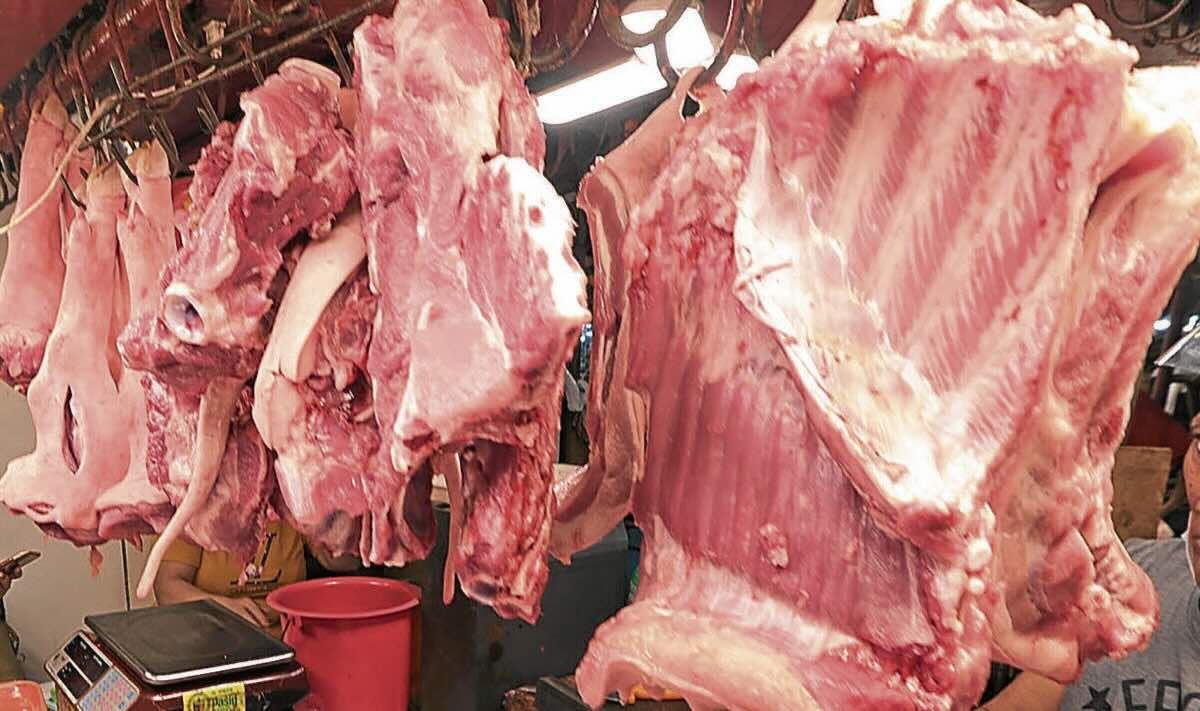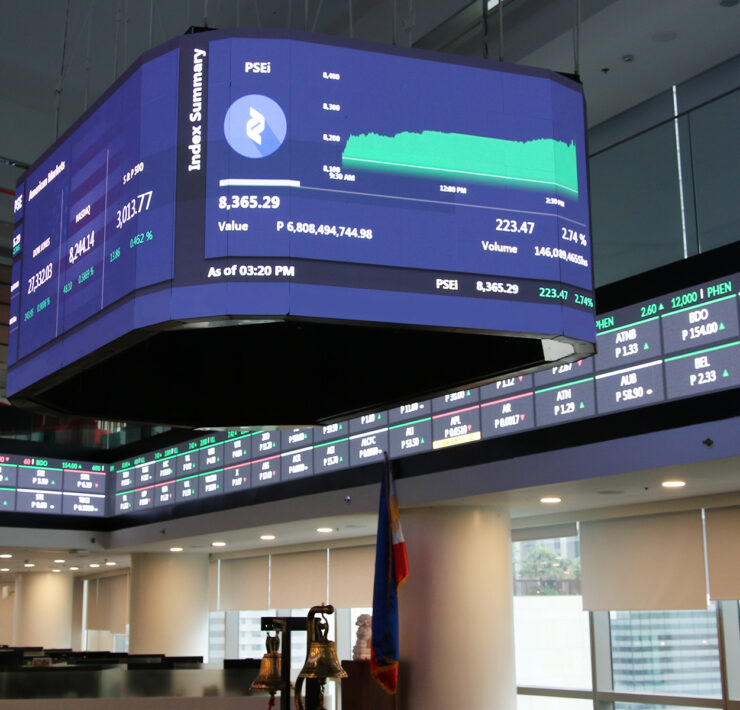PH meat import growth seen slowing down

Despite the government’s decision to retain lower import duties, the rebound in Philippine meat importation might slow down due to the upswing in global prices and the weaker peso exchange rate, industry players said.
Meat Importers and Traders Association president emeritus Jesus Cham said it’s “hard to say” whether or not the volume of imported meat would sustain the increase seen since February this year as the cost of sourcing the commodity has surged.
Cham said landed cost, which refers to the cost of shipping a product, is rising for imported meat due to the weakening of the Philippine peso against the US dollar along with higher prices abroad.
“We already see the stock sheets of some major players thinning out,” he told reporters in a message on Tuesday evening.
Even so, Cham said the recent issuance of Executive Order No. 62 would “lend stability and predictably for the remaining years [of the Marcos administration], unless the producers manage to overturn it.”
EO 62 signed by President Marcos last month maintained low tariffs on various products, including rice and pork, until 2028 to ensure continued supply of essential food products at affordable prices.
The tariff rate on swine, fresh, chilled or frozen meat is kept at 15 percent for in-quota and 25 percent for out-quota shipment. For mechanically deboned or separated meat, the duty is 5 percent.
The in-quota tariff rate is applied to an agricultural product within the minimum access volume (MAV) or the tariff quota while out-quota import duty is levied on farm products outside the MAV.
The Philippines had imported 1.1 billion kilograms of meat in 2023, dropping by 10.9 percent from the past year, data from the Bureau of Animal Industry (BAI) showed. But in the five months ending in May, meat imports grew by 9.7 percent to 524.68 million kg from 478.32 million kg previously.
Cham said the volume had risen amid the delayed release of the pork and poultry quota, adding, “While we expect the quota to be finalized this month, only a few months remain to fully utilize.”
The BAI tally recorded the highest monthly volume of meat imports for the year in May at 128.29 million kg.
Pork accounted for the bulk of imported meat, equivalent to 48.3 percent.





















